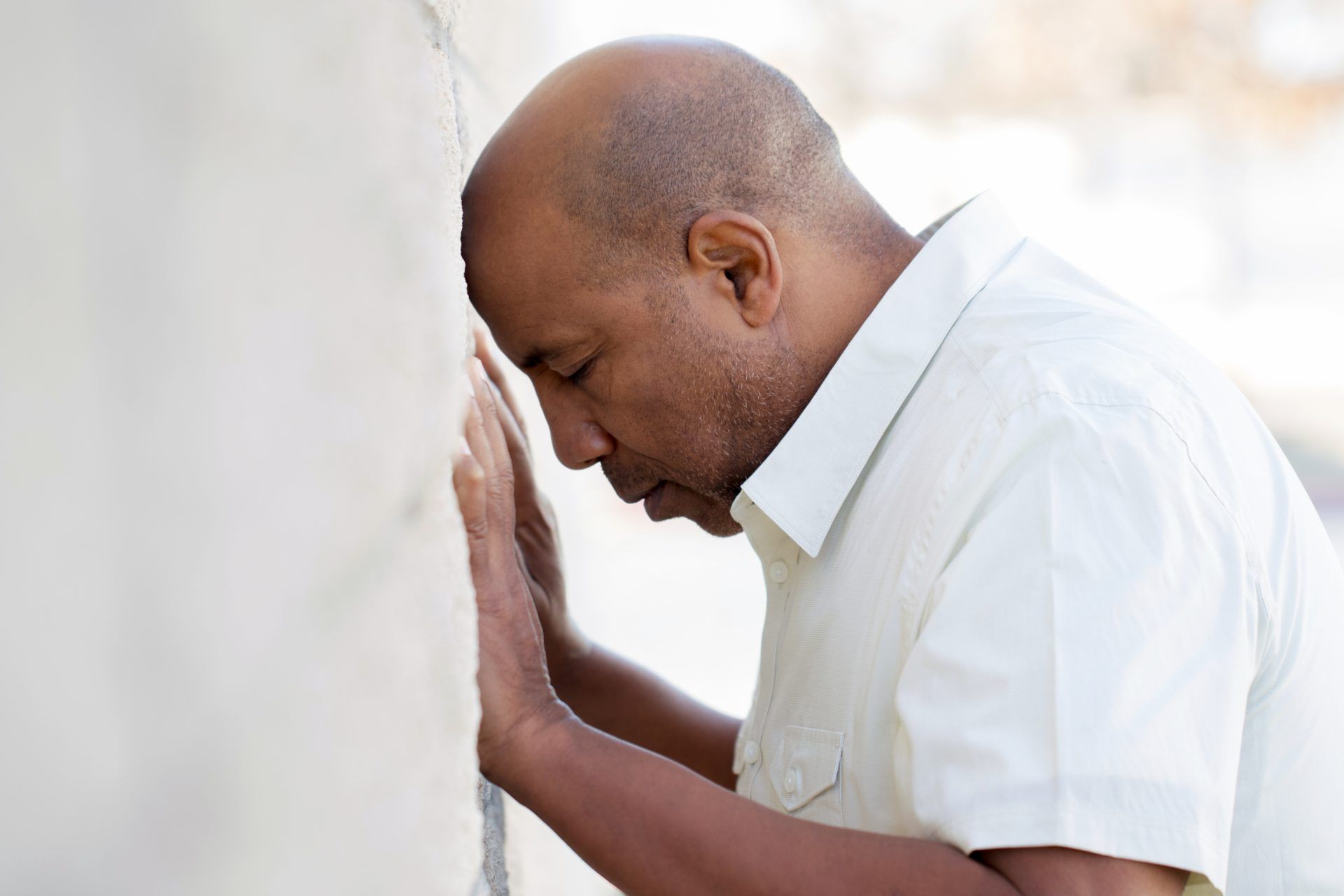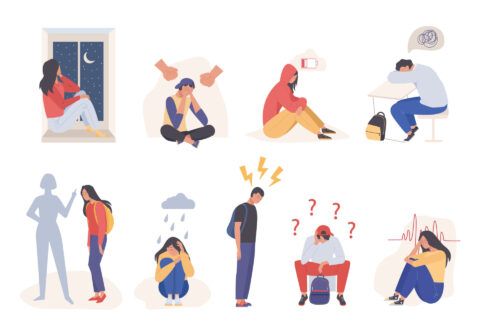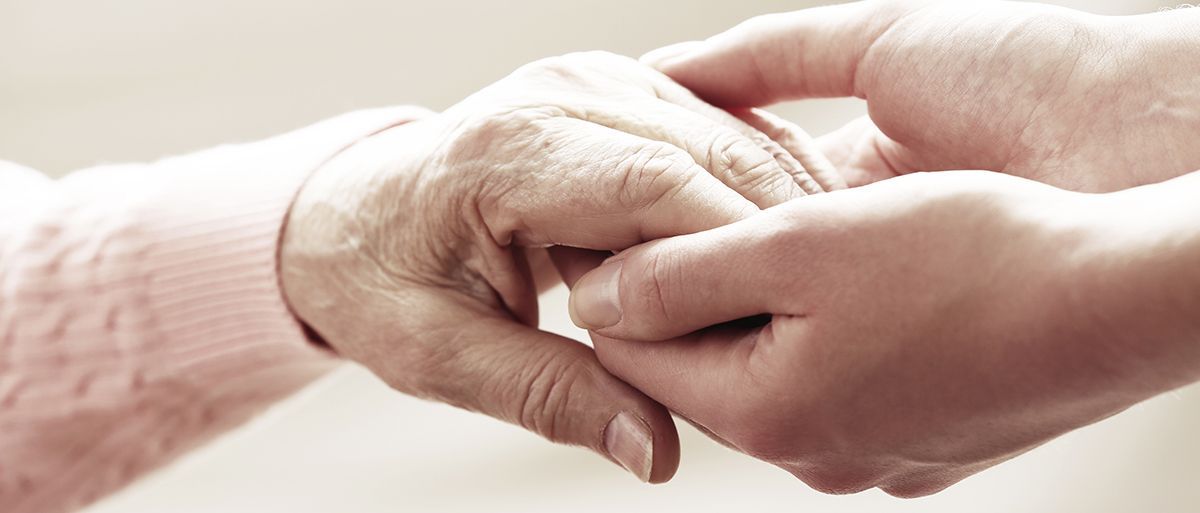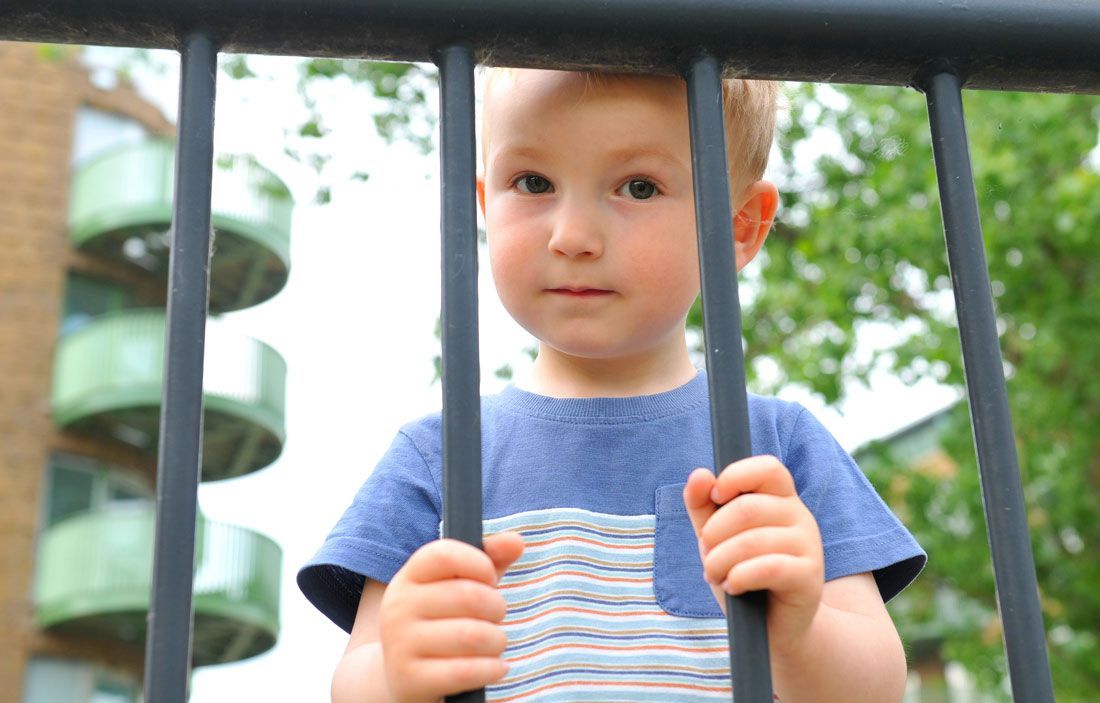5 Things I Didn’t Know About Grief
 Before I became a therapist, I didn’t think that much about grief. I knew it was something we all go through at some point, and I knew it could be very hard for people. Over the years I have gained a great deal of insight into grief and so I thought I’d write about five tenets of grief that I didn’t know before.
Before I became a therapist, I didn’t think that much about grief. I knew it was something we all go through at some point, and I knew it could be very hard for people. Over the years I have gained a great deal of insight into grief and so I thought I’d write about five tenets of grief that I didn’t know before.
1. Grief is physical. A grieving person will often feel completely exhausted. It is physically hard to get out of bed. They might feel weak. A previous work out they were able to do easily might be physically impossible during their grief – especially the beginning of grief. You can also notice physical changes in people – how they hold themselves, their skin, their eyes. Grief can be very hard on the body.
2. Grief plays tricks with your mind. I’ve had many clients who have had themselves checked for dementia or other neurological problems while they were grieving. It is very common to forget how to do some tasks and even more common to forget appointments, grocery lists, or other events. Many times my clients describe their mind as feeling “fuzzy” or “clouded” while they are actively grieving.
3. You never stop feeling the pain of grief. I had assumed that at some point it stops hurting when you lose someone – like with a broken bone, that grief heals at some point. But that isn’t the case, it never stops hurting. We just learn how to live with the pain and we learn how to deal with that pain more effectively. As with any task we undertake, we get better at it with practice. Of course, we’d rather not practice grief, but we have no choice.
4. Grief is different for everyone. While there are many commonalities that grieving people share, how grief impacts you, and how you best deal with it, is unique to you. Some people find a great deal of comfort going to their loved one’s gravesite and go as often as possible; some people never go back to the gravesite because it’s too painful. Some people want to take down all the pictures and reminders of their loved one down; some people want to put more pictures up. Any of those reactions can be healthy and normal – it just depends on what makes your grief easier to manage.
5. Grief changes you, especially deep grief. You might become a different person. You might be more empathic; you might become more closed off; you might find yourself taking more or less risks; you might become more patient or you might become more impatient. You won’t be able to guess what grief will do to you, but it will change the way you interact with others and the way you interact with yourself. Very often my clients find that going through grief changes their identity, and sometimes it can be a long process to learn who they have become.
If you have any questions or concerns about grief, please feel free to reach out to Memorial’s grief therapist, Amanda Nelsen, CMHC, at 801-718-1520 or [email protected].
The post 5 Things I Didn’t Know About Grief appeared first on Memorial Mortuaries.











